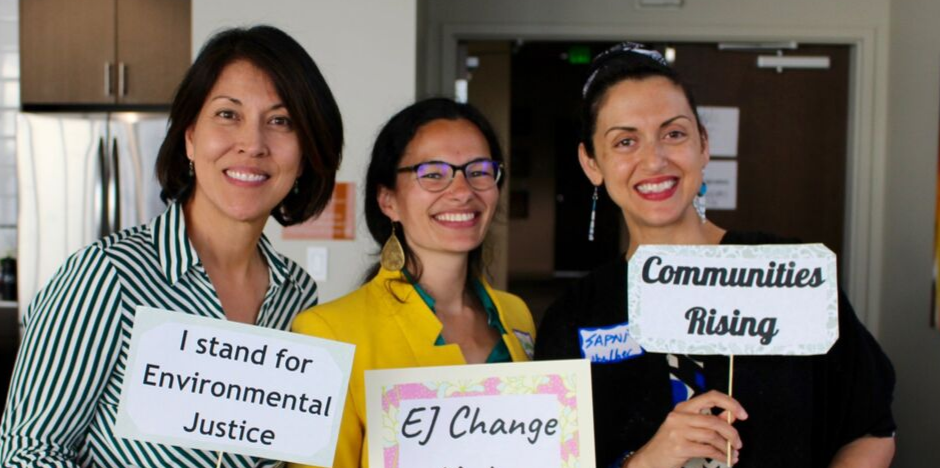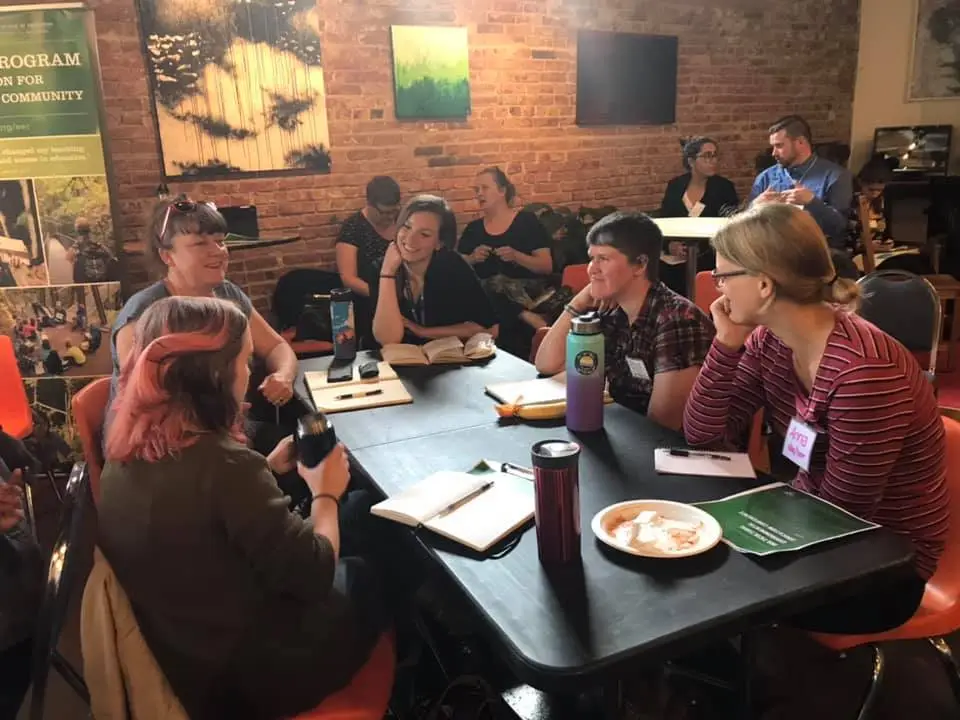
Scalable team development,
skill building, and work plans
tailored to your unique needs
Tailored team development that sticks
In the first stages of working with me, I will facilitate experiences that give team members the opportunity to share their own needs and reflections. I then use this input to develop tailored tools to guide the team’s development and collaborative work. Because people see themselves reflected in the tools, they are more likely to consistently and enthusiastically use them.
Dimensions of team development
Teams that collaborate with me will grow through intrapersonal reflection and development, interpersonal skill building and practice, and the structural examination of the culture, policies, programs, and practices needed to achieve their highest vision.
Intrapersonal
I guide reflective personal practices and professional development to increase individuals’ awareness of and role in co-creating a positive workplace culture.
Interpersonal
I support the team in developing and practicing shared and transparent group agreements and communication strategies that create brave spaces for authentic dialogue and collaborative problem-solving.
Structural
Together, we examine the implicit and explicit policies, programs, and practices that guide how individuals and groups work.
Applying new skills and tools to make the work better
As I work with teams, we use the tools in each meeting and in our ongoing assessments so that they become active, living resources for the team. It is this consistent use and practice that changes the culture of the team over time to be more collaborative, conflict competent, and communicative.We also apply their new skills and tools to develop a work plan or other tangible output that reflects the organization’s vision and values and brings about the culture change needed for healthy, compassionate, thriving workplaces.
Bringing to life the culture and world we dream of
How we do the work influences the quality of the work. If you’re ready to build the kind of healthy, sustainable team that leads to healthy, sustainable work, let’s partner!


